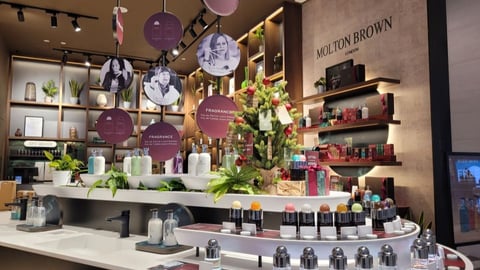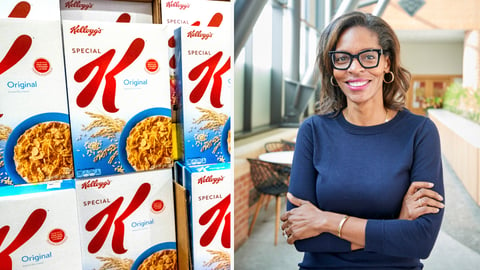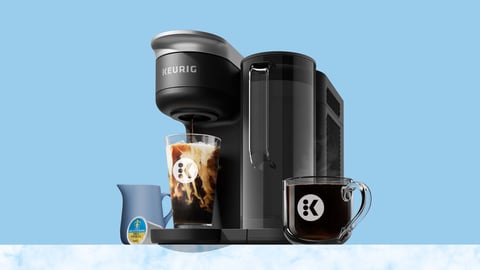Consumer Optimism High, But Value Still a Priority: EY
More than three-quarters (77%) of consumers believe their lives are the same or better now compared to three to four months ago, but continued interest in loyalty programs, private label products, and discounts shows they're still prioritizing value.
In the tug-o-war battle between brand loyalty and savings, who is winning out? In the U.S., loyalty is still a powerful pull for consumers as long as they’re getting a deal, according to EY's Future Consumer Index (FCI).
Also read: Kraft Heinz and Dollar General Build Shared Data Strategy to Meet Consumer Value Mentality
Forty-nine percent of U.S. respondents said they would download a brand’s app if it meant receiving loyalty promotions or exclusive offers. Additionally, 70% would join a loyalty program if it included free shipping benefits.
“Sales have gone from specific moments in time, like Black Friday and back to school, to consistent opportunities for deals — and strong loyalty programs elevate that culture of consistent savings even further,” said Kathy Gramling, EY Americas consumer industry leader, in a statement.
Consumers are also looking at other merits of value, including in-person shopping drivers like being able to see, touch, and try on items. Additionally, human interaction is getting higher on the priority list.
There’s a shift as consumers move away from an online-first mentality. There’s a certain level of distrust that consumers are battling around online ID fraud, theft, and data breaches. A large segment that are shopping online are also doing so for the discounts — 45% of online shoppers used a discount code or voucher in the last six months.
“We are seeing an ongoing juxtaposition between the data consumers are now willing to share online and their concern around data privacy and security," said Isaac Krakovsky, EY Americas retail leader, in a statement. “This divide becomes even more evident when there are incentives and deals in play. For brands, this means security and communication around security is a must-have in driving long-term trust.”
The study surveyed 23,000 consumers across 30 countries, including 1,500 individuals from the U.S.





